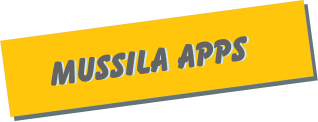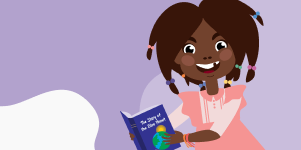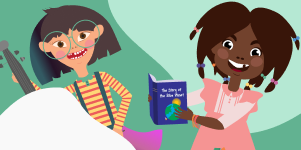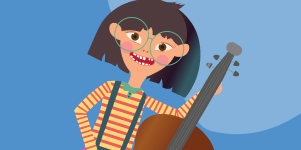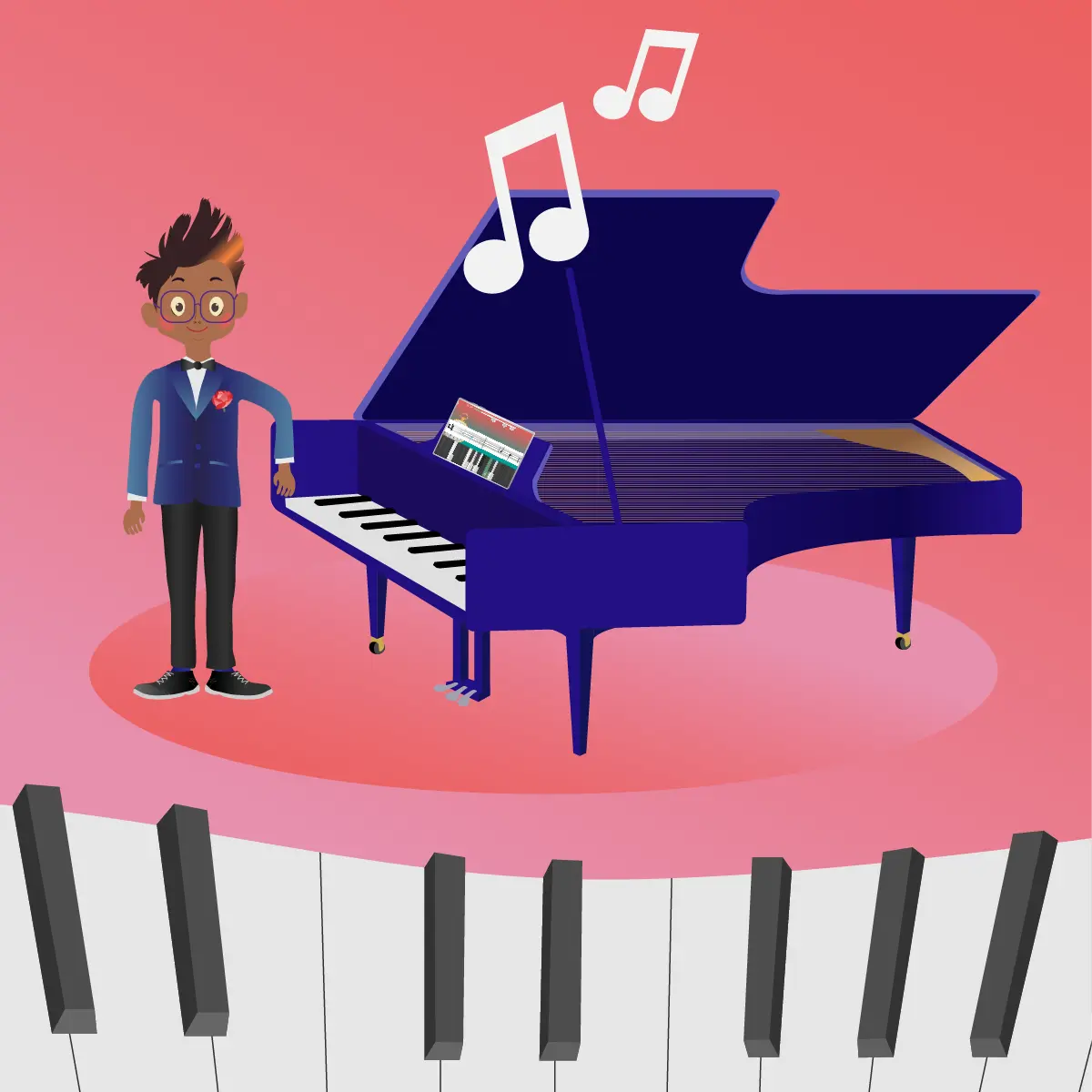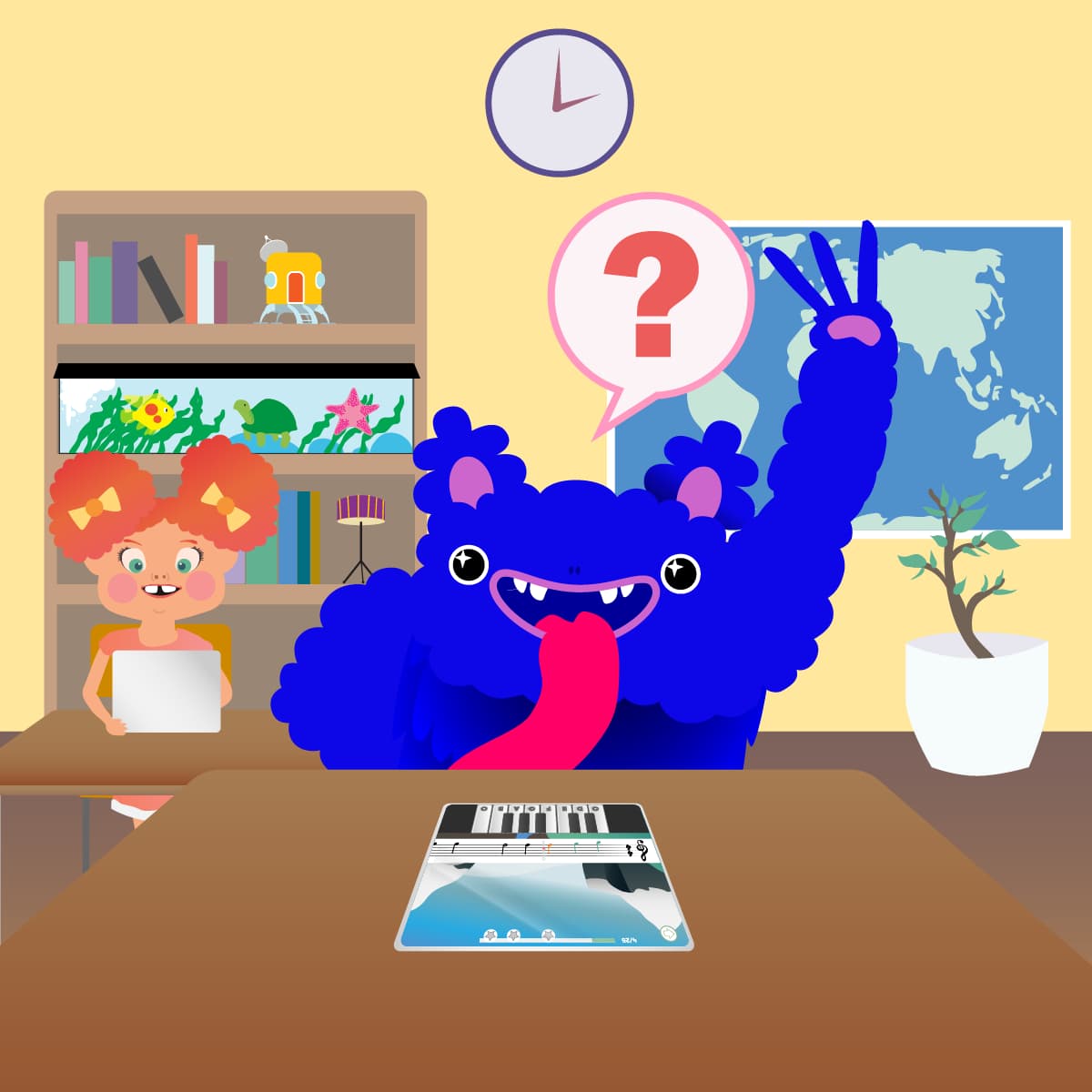By Arctic Meta,
Almost everyone who can’t already play the piano would love to be able to. Imagine what it would be like to just crack the knuckles and bash out a few tunes that everyone knows. Piano players can entertain and move people. They can create incredible atmosphere and even carve out professional careers doing something they love.
As an instrument, the piano has been associated with some of the biggest names in music. From Mozart to Billy Joel, the piano has been at the heart of classical and popular music for hundreds of years.
People who have studied the piano usually have a great understanding of musical theory. They have developed their skills over time while also seeing the literal progress of their time studying. It’s an instrument that has limitless potential for the player.
Many students begin their musical journey with piano lessons. Some take to the instrument like ducks to water; others use what they have learned and move onto other instruments, but how hard is it to actually learn to play the piano?
Let’s find out.
Why is Piano a Good First Instrument to Learn?

As stated above, the piano is often the first instrument that many music students have anything to do with, and there are actually a few good reasons for this.
Develops a Solid Musical Foundation

In order to begin playing the piano, a student must develop a certain level of musical knowledge. They need to figure out how the instrument works and how to turn the pressing of black and white keys into music.
The way a piano is structured also helps to pick up some of this musical knowledge very quickly. The notes (keys) are placed very intuitively, one after the other. This is much less complex than an instrument like a guitar.
Even if a student doesn’t venture too far beyond the basics, they can still transpose what they have learned to a multitude of other instruments.
Improves Coordination For Other Instruments

There are very few popular musical instruments that don’t require some sort of coordination between the hands. Most of them involve both the left and right hands doing different things, and sometimes even the feet need to be doing something.
From the very beginning of piano lessons, a student has to learn how to play different things on each hand at the same time. Often, in the beginning, the right hand is playing a melody while the left hand is playing simple bass notes.
The experience of coordinating the hands will help if a music student wants to later switch to another instrument. The concept of doing two different things with the hands at the same time becomes much less alien to them, so it’s less daunting.
Learn Basic Melodies Quickly
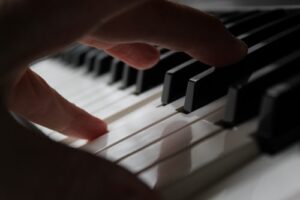
One of the biggest reasons the piano is such a great first instrument is the fact that most students will receive a kind of instant gratification. The time between learning the basics and being able to play a simple melody is relatively fast.
Most piano students remain interested in their lessons straight away because they can see their progress in each lesson which is an incredible motivator. Compared to other popular instruments like the violin or the guitar, it can take a really long time before a student is able to play a basic song, and even then, having that basic song sound pleasing to the ear is not a guarantee.
What Makes Learning Piano Hard?

The piano is a relatively easy instrument to learn, but every new skill has its challenges. Below are some of the factors that might be hard for students learning to play the piano.
Playing Chords and Complex Movements in Your Non-Dominant Hand
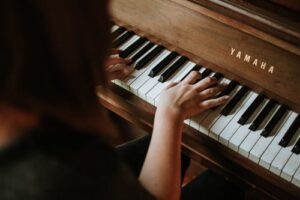
The first challenge novice piano players face is the fact that both hands are used while playing. Traditionally the left hand takes care of the bass notes and chords of a song, while the right hand takes care of the melody and higher notes.
While playing, both hands are required to play not only different notes but also in different rhythms and at different times. This is a little bit like that old game where a person tries to rub their stomach and pat their head. It takes a lot of concentration, but it’s not impossible.
This part of playing the piano can add extra challenges depending on the dominant hand of the student. If they are left-handed, they will need to train their right hand a bit more, and if they are right-handed, they will need to work on the left.
Learning to Read Music
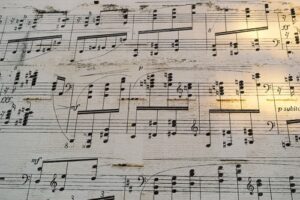
It is completely possible to successfully play the piano without ever learning to read music. However, most students should at least learn some of the basics of learning to read sheet music.
Learning to read music isn’t easy. It’s basically like learning a whole new language. A student who learns to read music needs to discover a whole new vocabulary and decipher symbols that are assigned musical values. Sheet music doesn’t really read the same way that written language does, so it can be challenging for even the brightest students.
One of the biggest benefits of learning to read music is that it allows a person to read almost any piece of music, written at practically any point in history and play it on any instrument they know how to play.
Playing Different Parts With Both Hands

This point leads off from what was mentioned earlier. While playing the piano, both hands are doing different things, so there is an issue of coordination. There is also a level of dexterity required to be able to play the piano well.
Skilled piano players have trained their non-dominant hand to become as reliable and dextrous as their dominant one. This is not an easy task and can take years before a student sees a marked improvement.
Learning to Play by Ear
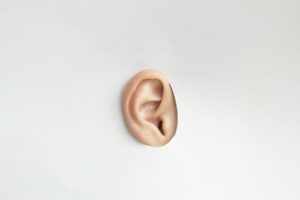
It is possible to play the piano by ear, but it’s much more difficult than doing the same thing on other instruments. There’s a great deal of knowledge required to know how to turn a single note on a piano into a chord. To play by ear, a student needs to be able to hear a chord in a song, then somehow find each individual note in that chord and replicate it on the piano keys.
This kind of feat is entirely possible, but it’s very difficult, and there aren’t that many people around with perfect pitch.
Starting to Learn With Basic Songs
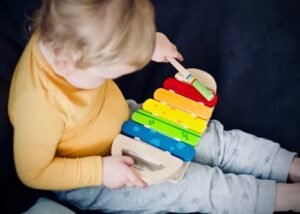
Most students get into learning the piano because they want to play their favourite songs. They want to be able to hop up to that free piano in the metro station and wow the other travellers with their incredible rendition of a slowed-down version of ‘Don’t Stop Believing’ (well, maybe not everyone). Instead, they might spend weeks mastering ‘Twinkle Twinkle Little Star.’
This can be a bit of a boring period for piano students, and sometimes this can be the reason they give up.
What Will Help You Successfully Learn Piano?
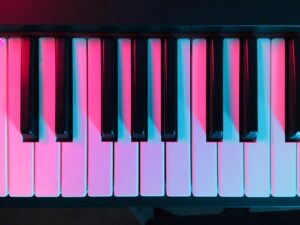
Now that you know why the piano is a great instrument and also some of the things that students might struggle with, it’s time to look at some things that might help someone successfully learn to play the piano.
Learning From Teachers

There’s a reason why the traditional method of learning with a teacher, in person, is still around today; it works. Taking lessons from a professional teacher will give a student consistent guidelines to follow on their musical journey.
Having in-person lessons has also been shown to sometimes improve the frequency of practice and study a student will put in on their own.
A personal teacher is also able to adjust the curriculum to meet an individual student’s needs.
Using EdTech Resources to Learn

The world is currently experiencing an exciting boost in the way technology is being used to assist in education. EdTech (as it is called) harnesses the interconnectivity of the globe and advancements being made to make particular subjects more accessible.
One of the biggest benefits of EdTech is that it’s helping students have access to studies they never previously had before. In the past, if a kid wanted to learn the piano but their family didn’t own one, or there wasn’t a piano teacher available in the local area, this desire would continue just being a dream. Now with the help of EdTech, they can learn piano from the comfort of their own living room without the need for expensive equipment. More on this later.
Accessing Wider Online Resources

There are an infinite amount of additional resources available online that can help piano students at every level.
The internet is home to things like online lessons, chord charts, sheet music, YouTube tutorials and forums. There’s no limit to the amount of information available at any given time of the day.
Practising Regularly
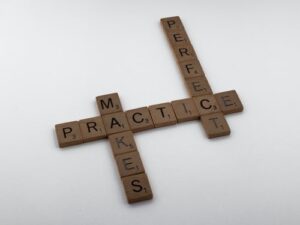
There’s a saying that it takes at least 10,000 hours to become an expert at something, and there’s some truth to that. When it comes to playing a musical instrument, it is a process that involves both the brain and the body. Regular practice keeps both of these elements in a ready state.
Another saying most people have heard is that once you know how to do something like riding a bike, you will never forget it. While you don’t forget how to do these things, you can become incredibly rusty, and anyone who’s hopped on a bike for the first time in 20 years can attest to that.
Creating a Regular Learning Routine

Setting a regular learning routine will help a student excel at an incredible pace. One of the biggest factors in the success of any long-term goal is consistency. Setting a regular learning routine and sticking to it will help make piano study and practice a normal part of every week.
Focus on Developing Technique

The term technique in piano refers to all the physical elements that bring a piece of music to life. These include things like how hard or soft the keys are played and for how long. It also involves things like the relationship between the hands at different times in the music. Technique is what it takes to make the right sound at the right time.
Technique is what actually drives piano playing, and it takes time to master. It’s important to devote time to looking at the ‘how’ of piano. It’s a bit like wanting to be an astronaut. Simply looking at the sky won’t get someone to space; they need to do the work.
Maintaining Drive and Commitment
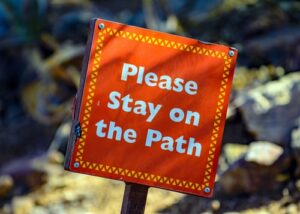
Every student experiences a honeymoon period with a new study. There’s a time when it’s all new and exciting. After a while, the reality of exactly what goes into learning the piano sinks in, and it can sometimes feel overwhelming or unachievable.
It’s important to do whatever it takes to maintain drive and commitment in piano students. This might be through simple rewards; it could also be through taking the time to regularly look back at how far the student has progressed.
The important thing to remember is that all students need to work hard, but they also need to still remember why they wanted to play the piano and that it still is fun for them.
Set Realistic Expectations

With all music students, it’s very important to set realistic expectations. It helps students to work towards goals, and sometimes they need to be reminded of how important it is to keep those goals a little bit smaller.
After the first year of piano lessons, a student is not going to be able to perform a solo rendition of Bohemian Rhapsody, but they will certainly be able to read music and accompany their own singing to some simple songs. The actual ability is still pretty incredible, and if a student knows this, they can learn to manage their expectations and be able to find comfort in their progress.
Is it Better to Learn Piano With a Teacher?

There are many students who manage to successfully teach themselves how to play piano, but it is much easier to learn from an actual teacher or from an actual curriculum.
The biggest benefit of commencing formal lessons is that there aren’t any areas of musical theory that might be missed. There’s less chance to develop bad habits that go unmissed.
You Don’t Need a Musical Background.
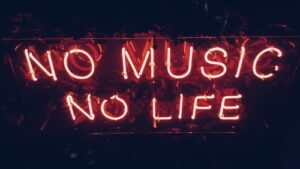
It does help to have a little bit of musical experience or even to have musical parents when starting to learn the piano. It helps, but it’s not necessary. Musical skill is not something people are born with; it’s something that is learned like reading or maths.
As instinctive as it might seem, there’s nothing instinctual about musical ability; it is all learned.
Support Your Kids to Learn Piano With Mussila
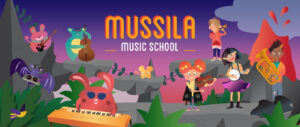
As mentioned earlier, EdTech is revolutionising the possibilities for educating children. The Mussila Music School is part of this revolution.
Mussila is an award-winning app that gives kids a complete musical education without the need for expensive lessons or even instruments. Mussila uses digital technology to take kids through theory, practice and even composition. The only thing they need is a device and a connection to the internet.
One of the best things about Mussila is that it doesn’t need supervision. It’s designed to be used autonomously, and kids love it. The app caters to their instinctive need to play while still teaching them a complete curriculum.
Mussila is available for families or schools and is helping to make music education even more accessible.
Conclusion

The piano is a great instrument for any student, to begin with. They might form a life-long relationship with the instrument; they might part ways and end up playing something altogether different. The main thing to remember is that a piano education will be a fun stream of study that will give a child some incredible memories they won’t ever forget.


